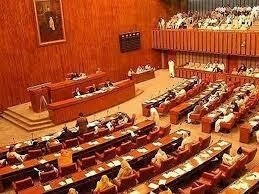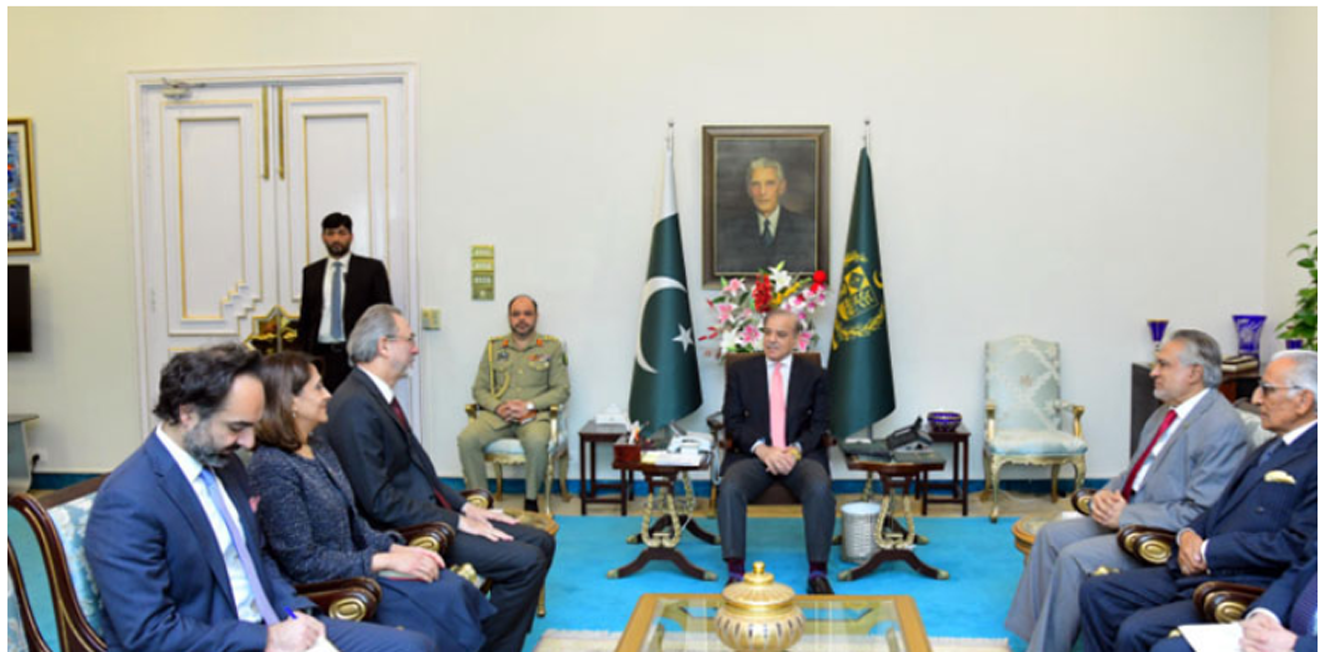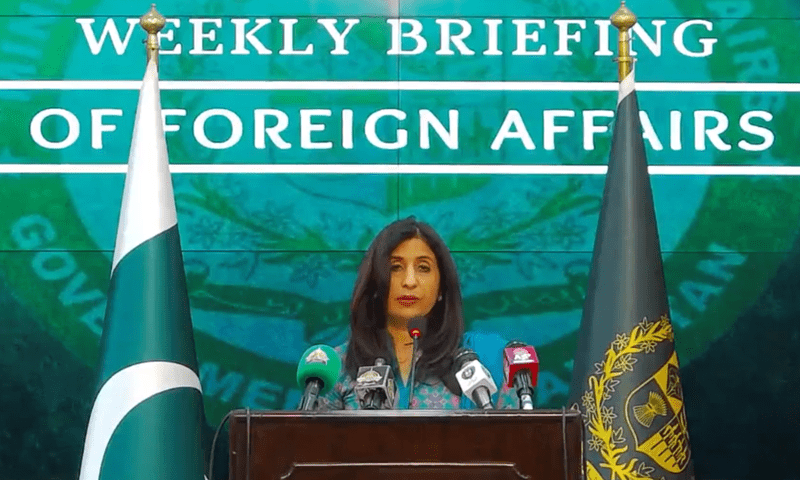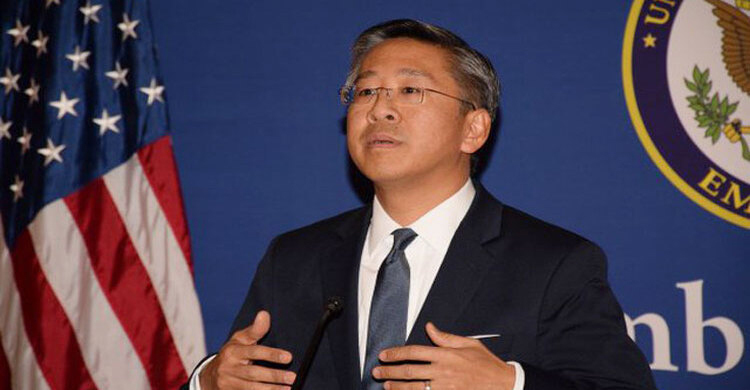PTBP Web Desk
Facing mounting pressure from both its coalition partner, the Pakistan People’s Party (PPP), and the opposition Pakistan Tehreek-e-Insaf (PTI), the federal government has decided to brief parliament on September 29 regarding the recently concluded defence agreement with Saudi Arabia.
This move is seen as an effort to calm political tensions within the ruling coalition and to address the opposition’s demand for transparency in foreign and defence policy matters. The agreement, which was finalized during Prime Minister Shehbaz Sharif’s visit to Riyadh last week, has sparked debate due to the lack of prior consultation with parliament.
The PPP, a key coalition partner in the federal government, has openly expressed dissatisfaction over being sidelined in discussions related to the Saudi defence pact. PPP spokesperson Nadeem Afzal Chan cautioned that excluding allies from crucial decisions could raise serious questions about the government’s ability to maintain unity within the coalition.
Political analysts point out that the PPP’s reservations reflect a broader demand for parliamentary oversight in matters that directly affect Pakistan’s foreign policy and national security. Without consensus, experts warn, the government may struggle to maintain a stable coalition.
The opposition PTI, despite its weakened presence in parliament, has also called for full disclosure of the Saudi defence agreement. PTI leaders argue that such an important pact should be debated openly to maintain public trust and ensure that elected representatives are part of the decision-making process.
Although PTI has been boycotting National Assembly sessions, attending only symbolically in the last sitting, it remains unclear whether the party will attend the upcoming debate or continue raising the issue through its “People’s Parliament” held outside Parliament House. PTI spokesperson Sheikh Waqas Akram has so far remained silent on whether the boycott will end.
According to sources in the National Assembly, the session has been scheduled for September 29 at 5 pm, following a summary submitted by the Ministry of Parliamentary Affairs to the Prime Minister’s Office.
Defence Minister Khawaja Asif is expected to make a detailed policy statement in both the National Assembly and the Senate. He will outline the core elements of the defence pact, explain its strategic importance, and highlight how it strengthens bilateral security ties between Islamabad and Riyadh.
The parliamentary session is expected to continue for two weeks, with other legislative business also on the agenda, including the presentation of new bills and routine government matters.
The Strategic Mutual Defence Agreement was signed in Riyadh on September 18 by Prime Minister Shehbaz Sharif and Saudi Crown Prince Mohammed bin Salman.
While the full text of the accord has not yet been released, the official joint statement described the pact as a milestone aimed at:
- Strengthening bilateral defence cooperation
- Enhancing joint military readiness
- Promoting regional peace and stability
One of the most notable provisions is the mutual defence clause: an attack on Pakistan would be considered an attack on Saudi Arabia, and vice versa. This clause underscores the seriousness of the pact and signals a new phase in Pakistan-Saudi security relations.
Despite the government’s claims that the agreement enhances security ties, both the PPP and PTI have demanded transparency. The PPP stresses that coalition partners must be consulted on national security decisions, while the PTI argues that bypassing parliament undermines democratic norms.
Observers note that this parliamentary briefing will be a crucial test for the Shehbaz-led government. On one hand, it must reassure Saudi Arabia of Pakistan’s commitment to the deal, and on the other, it must maintain domestic political stability by involving parliament in the process.
The pact with Saudi Arabia comes at a time when Pakistan is seeking to strengthen regional alliances and ensure its economic and security stability. Saudi Arabia has long been a close ally, providing financial support during times of crisis. With this defence agreement, ties appear to be expanding beyond economics into strategic security cooperation.
However, the exclusion of parliamentary input has raised questions about governance and transparency. If the government successfully addresses these concerns during the September 29 session, it could strengthen democratic oversight of foreign policy decisions.




